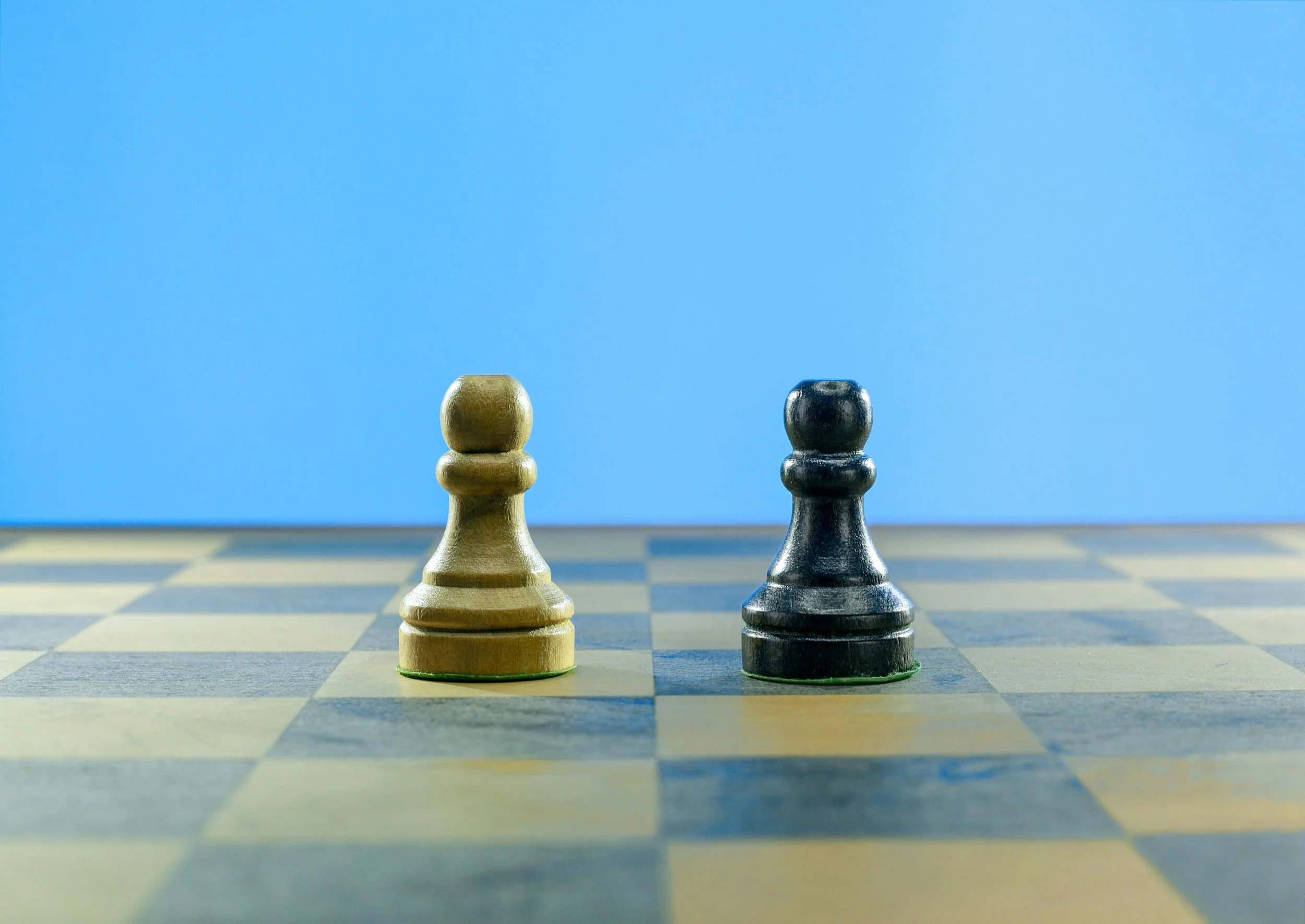Everyone’s a Pawn
The Unconscious Game We’re All Playing
When I say everyone’s a pawn, I don’t mean it in the cynical sense of being used or manipulated. (Although after reading this there might be reasonable reasons why we become someone else’s pawn.)
I mean that each of us is constantly being moved around by our own unconscious mind, in service of primitive needs that have been with us since the beginning of human survival.
Our Brain Isn’t Always Conscious Nor Rational
We like to believe our choices are purely conscious and rational. But beneath the surface, way in the back of our minds, every interaction and every relationship carries an exchange — something we’re “getting” from it. That “something” may be obvious, subtle, or even unwanted, but it’s there.
The Primitive Drivers
Safety
Our brains crave predictability. It’s a prediction machine! Even if a job, relationship, or habit is painful, the familiar often feels safer to our unconscious mind than the unknown. Staying can seem like protection, even when leaving is healthier.Survival
Survival today isn’t just about food and shelter. It’s about emotional survival — protecting our ego, preserving reputation, securing resources, or holding onto a role that confirms who we believe we are.Connection
Humans are wired for belonging. Sometimes we reach for connection through love and care; other times through conflict, drama, or people-pleasing. Even negative attention can satisfy the unconscious need not to be alone.Obligation and Expectation
Roles like “good daughter,” “loyal employee,” or “reliable friend” can run our lives. We stay in patterns not because they serve us, but because they shield us from guilt, shame, or the fear of disappointing others.
Positive and Negative Exchanges
These needs can play out in ways that feel positive (love, validation, recognition) or negative (resentment, guilt, manipulation). The point isn’t whether the exchange is “good” or “bad,” but that it’s happening.
Every “yes,” every “no,” every silence, and every smile is unconsciously balancing some equation: What do I gain? What do I risk losing?
The Bigger Picture
So yes — everyone is a pawn. Not in someone else’s game, but in the game of their own unconscious mind.
The real choice comes when you pause and ask:
What am I actually getting out of this interaction?
Is it safety, survival, or connection — and do I still need it in this way?
Am I choosing consciously, or just replaying an old pattern?
When you can see the unconscious trade-offs, you step out of being the pawn and into being the player.
That’s when the unconscious stops running you — and starts working for you.
Awareness is only the first move. The next is learning how to work with your mind instead of against it.
If this resonated, and you’d like a space to uncover what’s driving your own decisions beneath the surface, I’d love to connect.

